Urinary Tract Structural Abnormalities:
There are a number of structural abnormalities that cause bladder irritation. But if you believe you have one of these structural abnormalities, it’s important to note that many of these abnormalities can change and be healed completely if they’re cared for properly. Often, people who have structural abnormalities that are causing cystitis, painful bladder syndrome, overactive bladder, or recurrent UTI, a process called “double-voiding” can be extremely helpful in overcoming symptoms such that the bladder can begin to heal.Normal Structure of the Urinary Tract
The urinary tract is the body’s filtration system that works to remove waste products and toxins from the body. This system consists of the following organs and structures:- Two kidneys
- The bladder
- Two ureters, which are tubes that connect the kidneys to the bladder
- The urethra, which is a tube that connects the bladder to the outside of the body so that you can pee.
Structural Abnormalities of the Urinary Tract
Structural abnormalities of the urinary tract may be present from birth (congenital) or they can develop over time in response to irritation, surgery, nutrient deficiencies, or even infection. This is not an exhaustive list of abnormalities, but rather, a list of common issues that often cause bladder irritation.Click here to learn more and subscribe to the Living Database now.
Below we discuss some of these structural abnormalities that cause cystitis, painful bladder syndrome, and recurrent UTIs:Bladder Diverticula
A diverticula is a pocket or an “outgrowth” from the bladder within which urine can be inadvertently stored. When a diverticula exists and urine is stored in the diverticula, it can become host to bacterial infection.Bladder diverticula tend to develop as a result of bladder outlet obstruction due to bladder stones, tumors, Benign Prostatic Hyperplasia, etc.. Congenital bladder diverticula syndromes such as Menkes syndrome also exist. In both the acquired and congenital versions of bladder diverticula, the diverticula are often positioned near the area where the ureters empty into the bladder. Scientists believe that these diverticula develop in both adults and in infants when pressure within the bladder increases such that the bladder mucosa pushes in between the muscle fibers to create an “extravasation” that eventually turns into a bladder diverticulum.
If you have a bladder diverticula and recurrent UTIs, overactive bladder, or cystitis, be sure to always do “double voiding” where you pee, then stand up, move around for a moment, and then sit to pee again until the bladder and all diverticula feel as though they have been fully emptied. Empty your bladder often if you wish to correct a bladder diverticulum without surgery.
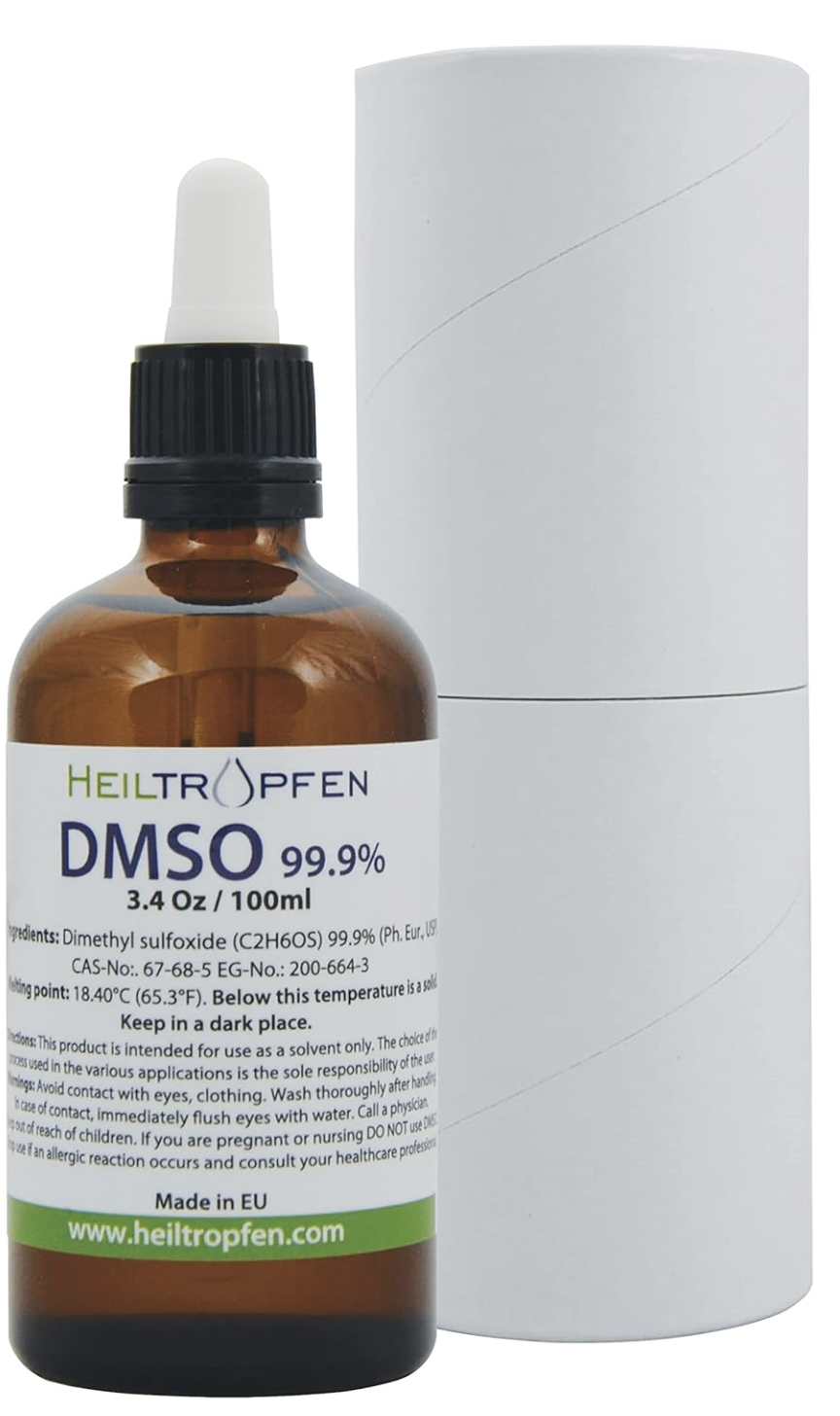 Bladder diverticula are caused by pressure in the bladder and once they develop, recurrent UTIs, hematuria (blood in the urines) and other urinary tract issues cause secondary problems. Consider working with dimethyl sulfoxide (DMSO) and chlorine dioxide solution (CDS) among other things to strengthen the bladder wall. Administer DMSO and CDS orally in drinking water to treat recurrent UTIs. DMSO will also help the bladder wall rebuild itself.
Bladder diverticula are caused by pressure in the bladder and once they develop, recurrent UTIs, hematuria (blood in the urines) and other urinary tract issues cause secondary problems. Consider working with dimethyl sulfoxide (DMSO) and chlorine dioxide solution (CDS) among other things to strengthen the bladder wall. Administer DMSO and CDS orally in drinking water to treat recurrent UTIs. DMSO will also help the bladder wall rebuild itself.
Click here to read more about the use of DMSO for recurrent UTIs.
Click here to read more about how to use CDS to cure recurrent UTIs and cystitis.
Additionally, if you wish to heal bladder diverticula without surgery, begin doing the Lugol’s Iodine Protocol along with administering hexane-free, organic castor oil with DMSO topically to the skin overlying the bladder to soften fibrotic tissues that may be making the problem worse.
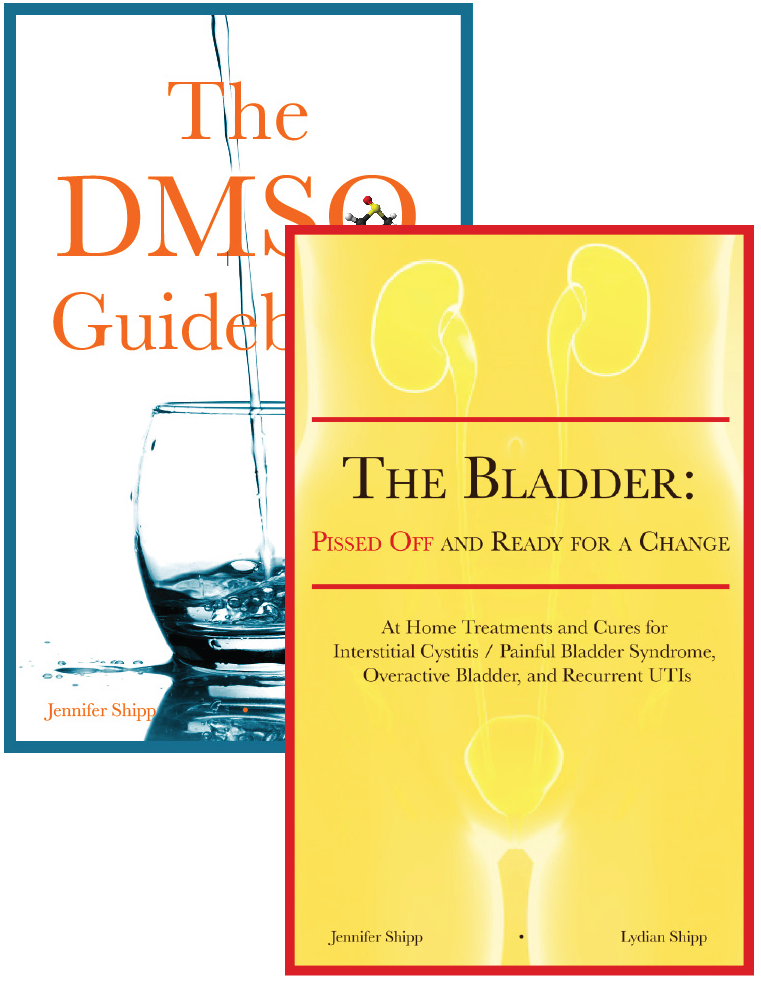 The Bladder: Pissed Off and Ready for a Change + The DMSO Guidebook: BUY HERE!
The Bladder: Pissed Off and Ready for a Change + The DMSO Guidebook: BUY HERE!
Reservoir
A diverticula is a type of reservoir in the bladder, but a reservoir is not always a part of the permanent landscape inside the bladder. Rather, a reservoir can be like a pocket that can develop in the bladder when other organs, such as the intestines, become swollen and begin to push on the walls of the bladder. As with a diverticula, if a reservoir develops and urine collects in the reservoir without having the opportunity to be emptied each time the person urinates, it can become host to bacterial infection.Double-voiding is essential for anyone with a reservoir. Every time you pee, stand up after you finish, move around a bit, and then sit down again to pee a second time. The goal of double-voiding is to empty the reservoir(s) that exist in the bladder to prevent recurrent UTIs or cystitis from developing. Often, double-voiding is the first thing that proves to patients that they have some control over whether or not they develop a UTI or cystitis.
If you have Inflammatory Bowel Disease (IBD) such as Crohn’s disease or ulcerative colitis, click here to read more about how to cure IBD.
A reservoir may also develop as a result of uterine prolapse or Benign Prostatic Hyperplasia / BPH. If you believe you have a bladder reservoir, seek out a practitioner of Traditional Chinese Medicine and acupuncture for prolapsed organ treatment. If you a bladder reservoir due to BPH, begin doing the Lugol’s Iodine Protocol to cure BPH naturally.
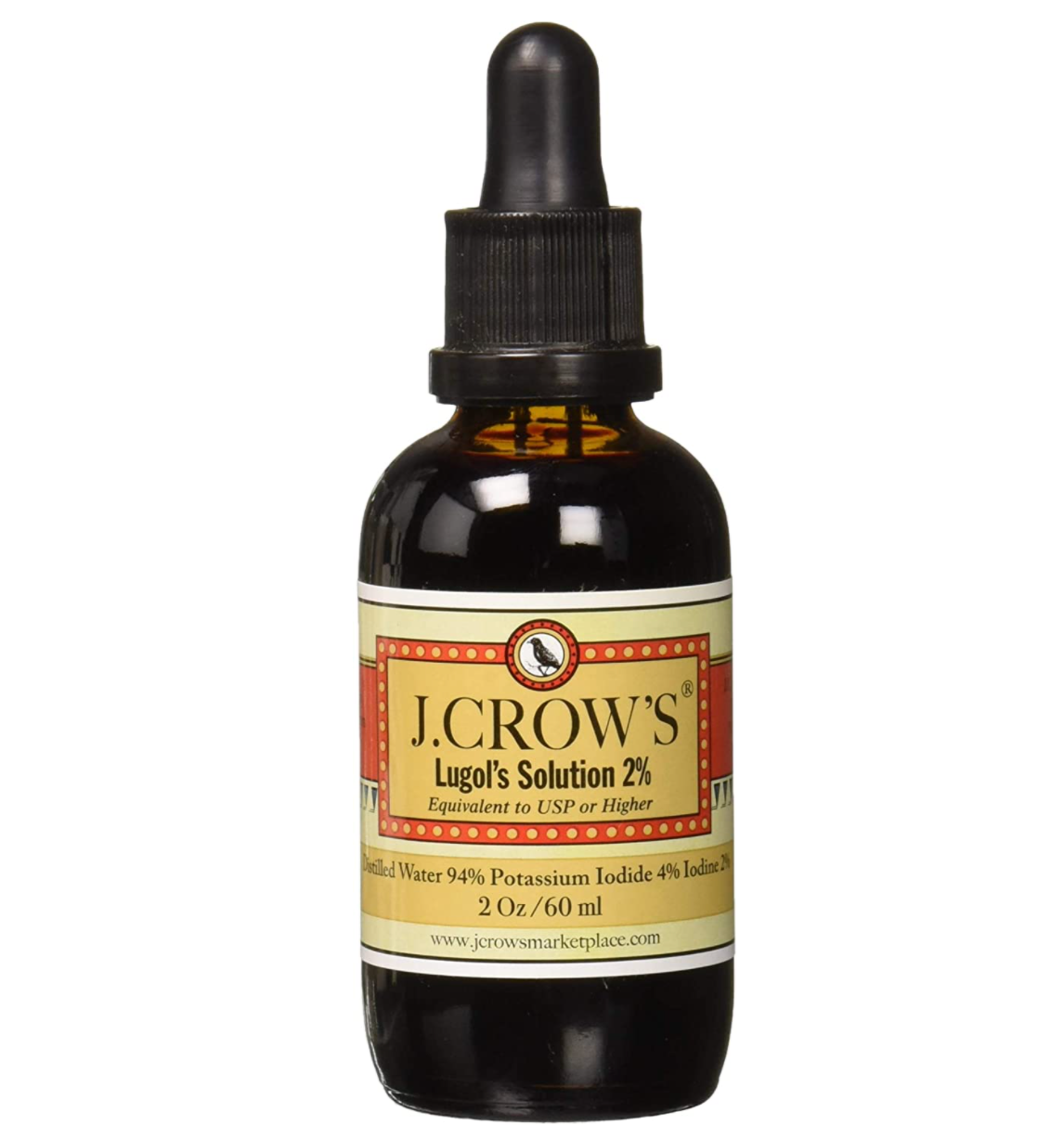
Click here to buy Lugol's Iodine 2%.
Prolapsed Organs
Organ prolapse happens when one or more organs “drop” out of their natural positioning to rest on other organs in an unnatural way. Though conventional medicine views this problem as an issue that must be corrected with surgery, Traditional Chinese Medicine views organ prolapse as an issue that develops when organs are cut off from their energy supply for one reason or another. Through treatment, organs can receive the proper amount of energy and then go back to their normal and natural position in the body.Prolapsed organs like the uterus, for example, can play a role in creating a reservoir in the bladder. A prolapsed uterus won’t necessarily always be pushing on the bladder walls, but during certain times of the month, uterine pressure can contribute to the creation of a reservoir and a corresponding bacterial infection.
Treatment for prolapsed organs should generally involve diet changes and nutritional supplements. Those with cystitis, overactive bladder, or recurrent UTI should work with either a strict carnivore diet or a ketogenic diet for best results.
Herbs To Heal Prolapsed Organs
-
-
- This herb is especially useful as an herbal remedy for organ prolapse recurrent UTI, and prostate inflammation.
-
-
-
- Mullein is an herbal remedy for Benign Prostatic Hyperplasia and urinary incontinence. It helps strengthen the pelvic floor muscles to treat urinary incontinence as well.
-
-
- This herb has the ability to restore proper tension to the ligaments that hold organs in place to treat organ prolapse without surgery.
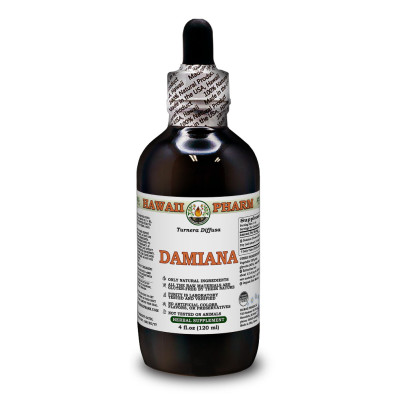
Click here to buy Damiana / Turna diffusa.
Chronic Organ Inflammation
If the intestines are chronically inflamed, it is possible that they can push down on the bladder to cause a reservoir along with bladder irritation. For example, someone with Crohn’s disease may notice that they develop a cystitis “flare” right before or after they experience a flare in their Crohn’s disease symptoms. Uterine inflammation, endometriosis, or prostatitis can cause similar problems.Fecal impactions in the lower intestines can also contribute to cystitis. Indeed, fecal impactions are often host to parasite infestations which contribute to cystitis as well. Lugol’s iodine supplementation can help promote proper movement of the intestines as well as proper immune system function to overcome parasite infections. Anyone who suspects that they may have fecal impactions, however, should seek out colon hydrotherapy and work with regular coffee enemas to remove the impactions and keep the intestines clean.
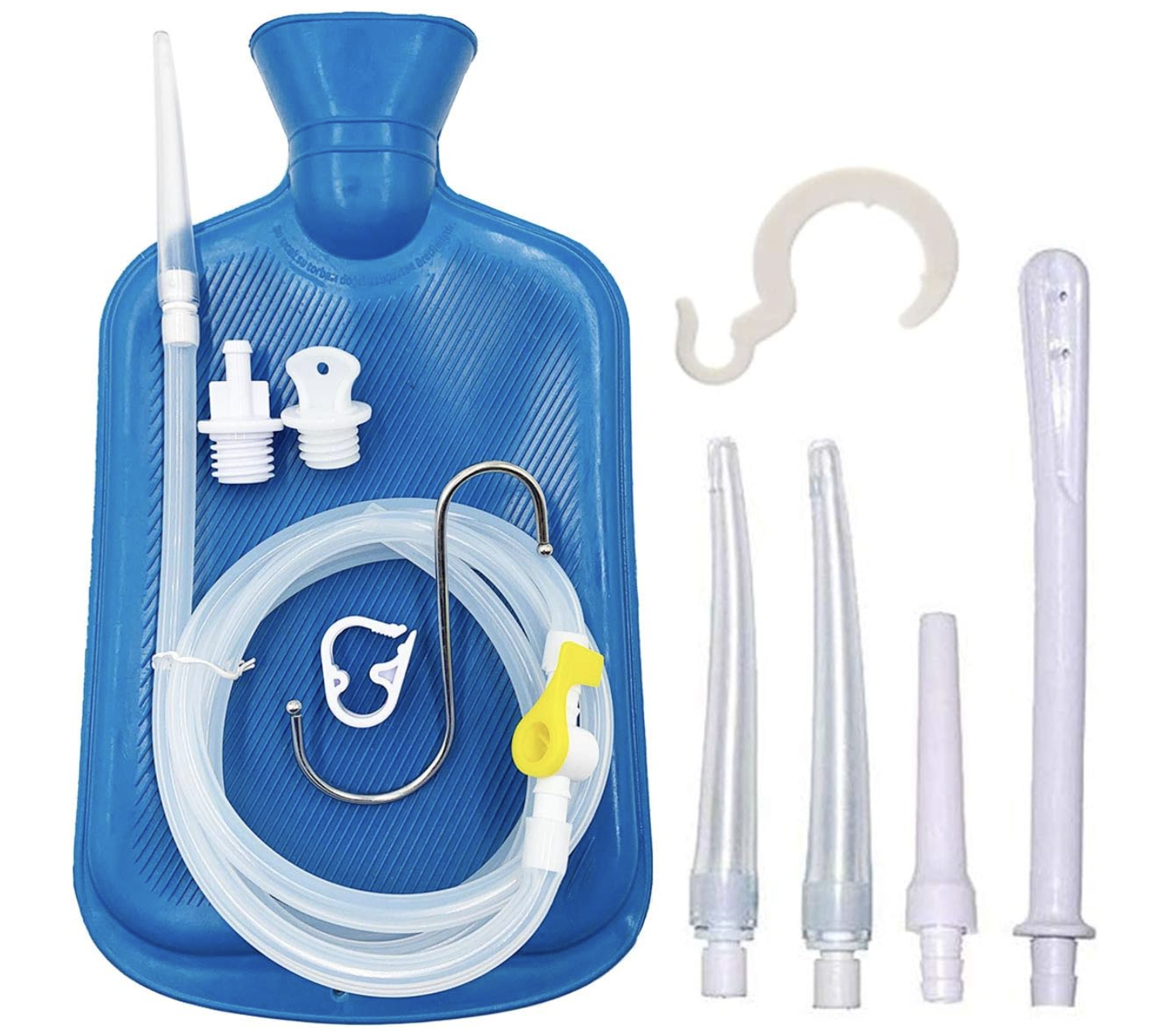
Click here to buy a coffee enema bag.
Artemisinin and/or Artemisia annua can be used as a powerful herbal remedy for parasites in the intestines as well as in the bladder and urinary tract. People who develop cystitis due to schistosomiasis, for example, find that Artemisia annua or artemisinin (a substance found in Artemisia annua) is one of the most powerful cures for parasite infection. This treatment works best when it is administered in tandem with exposure to sunlight.Click here to read more about testicular tanning (which, by the way, can also be a useful treatment for women) to reduce organ inflammation naturally.
Adhesions
Adhesions are a type of scar tissue that can develop as a result of surgery, injury, or infection. For example, if a patient has hernia surgery, they may have a very small scar on the exterior of their body after 6 months of healing. On the inside of the body, however, the scar tissue may spread out and grow into and over organs in a way that constricts those organs or otherwise alters their position or function.Adhesions are made of tough tissues, but they can be removed or at least significantly softened over time so as to prevent them from constricting other organs such as the bladder. Castor oil combined with dimethyl sulfoxide is one of the most powerful treatments for softening and removing adhesions that might be causing overactive bladder / cystitis / painful bladder syndrome. Click here to read more about how to administer castor oil packs to soften adhesions and treat pelvic organ diseases.
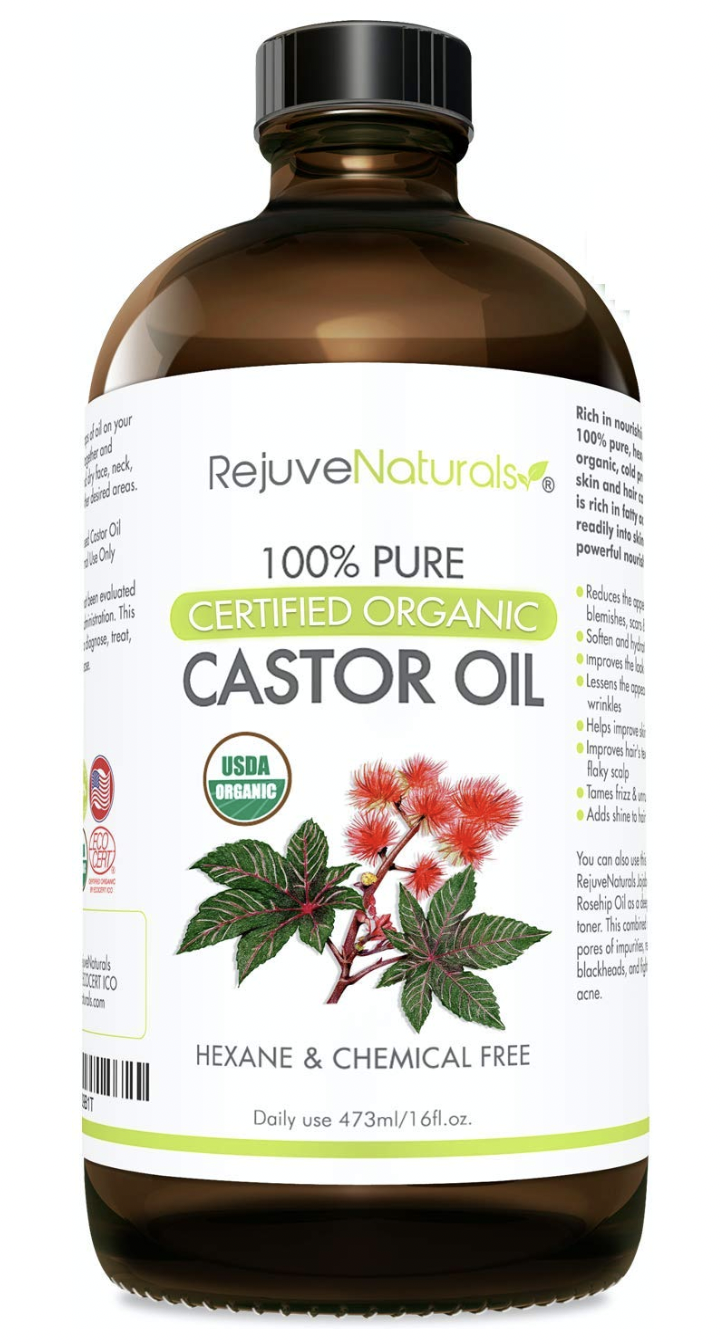
Click here to buy Organic, Hexane-Free Castor Oil.
Fibrotic Tissue
Polyps, benign growths, and other types of fibrotic tissue can cause cystitis / painful bladder syndrome as well as recurrent UTIs and overactive bladder. Any kind of growth in any of the organs surrounding the bladder that puts pressure on the bladder can cause irritation.Fibrotic growths are often caused by a lack of iodine and the supportive nutrients that help the body metabolize iodine. Click here to read more about the Lugol’s Iodine Basic Protocol. Indeed, iodine supports pancreatic function and pancreatic enzymes play a role in preventing the development of fibrotic growths throughout the body.
In addition to working with the Lugol’s Iodine Basic Protocol, patients with fibrotic tissue that is causing cystitis, recurrent UTI, or overactive bladder, can take pancreatic enzyme supplements to break down the fibrotic tissue and remove it from the body. Click here to read more about Dr. John Beard’s pancreatic enzyme therapy.
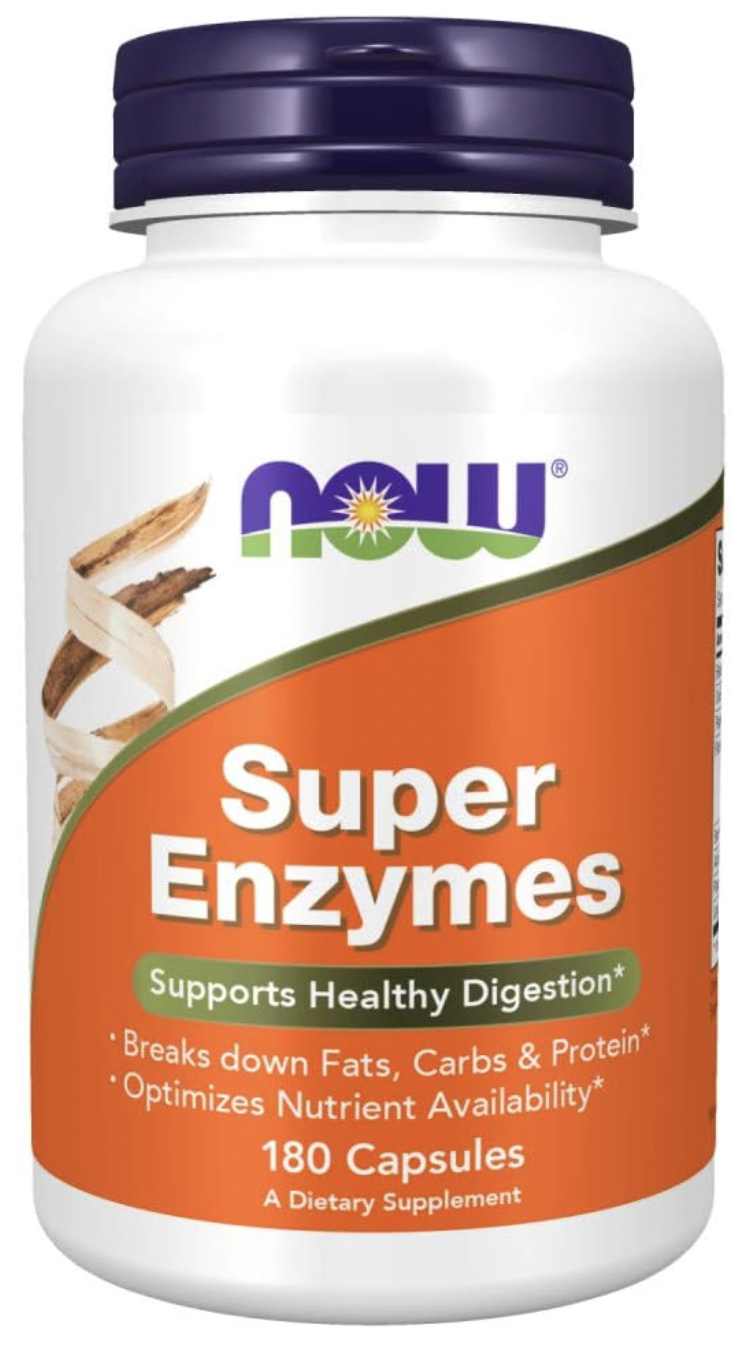
Click here to buy Pancreatic Enzyme supplements.
Endometriosis
Endometriosis is the growth of the monthly menstrual lining outside of the uterus. Endometriosis is also frequently caused by a deficiency of iodine. Click here to read more about how to get rid of endometriosis naturally using Lugol’s iodine.Benign Prostatic Hyperplasia / BPH and Cystitis
Benign Prostatic Hyperplasia / BPH is most common in older males, but it does sometimes occur in younger males. BPH and cystitis can co-occur with the inflammation of the prostate gland causing urinary retention in the bladder. Some cases of cystitis glandularis have been reported with BPH in the scientific literature.The Lugol’s Iodine Basic Protocol is a powerful remedy for BPH that works very well not just to reduce prostate inflammation naturally, but also to prevent and treat prostate cancer without chemotherapy or radiation.
Herbal Remedies for BPH
-
-
- This herb is especially useful as an herbal remedy for prostate inflammation.
-
-
- Mullein is an herbal remedy for Benign Prostatic Hyperplasia.
Pelvic Lipomatosis / Pelvic Fibrolipomatosis
Pelvic Lipomatosis and Pelvic Fibrolipomatosis happen when there are excessive deposits of fat in the pelvis that causes the compression of pelvic organs such as the bladder. Anyone with cystitis due to pelvic lipomatosis needs to work with the Lugol’s Iodine Protocol for weight loss as a front-line treatment for this disorder.Cancer
Of course, we have to mention cancer and tumors (either benign or malignant) as a possible cause of bladder irritation. If you believe that cancer may be what’s causing cystitis, click here to buy our Cancer Cure Catalog 4-volume series to learn more about no-chemo, no-radiation cancer cures. In The Cancer Cure Catalog (see the link below), we give you all the information that you need to be able to cure cancer at home using tried-and-true treatments that have a high cure rate.
Click here to buy The Cancer Cure Catalog 4 volume series.
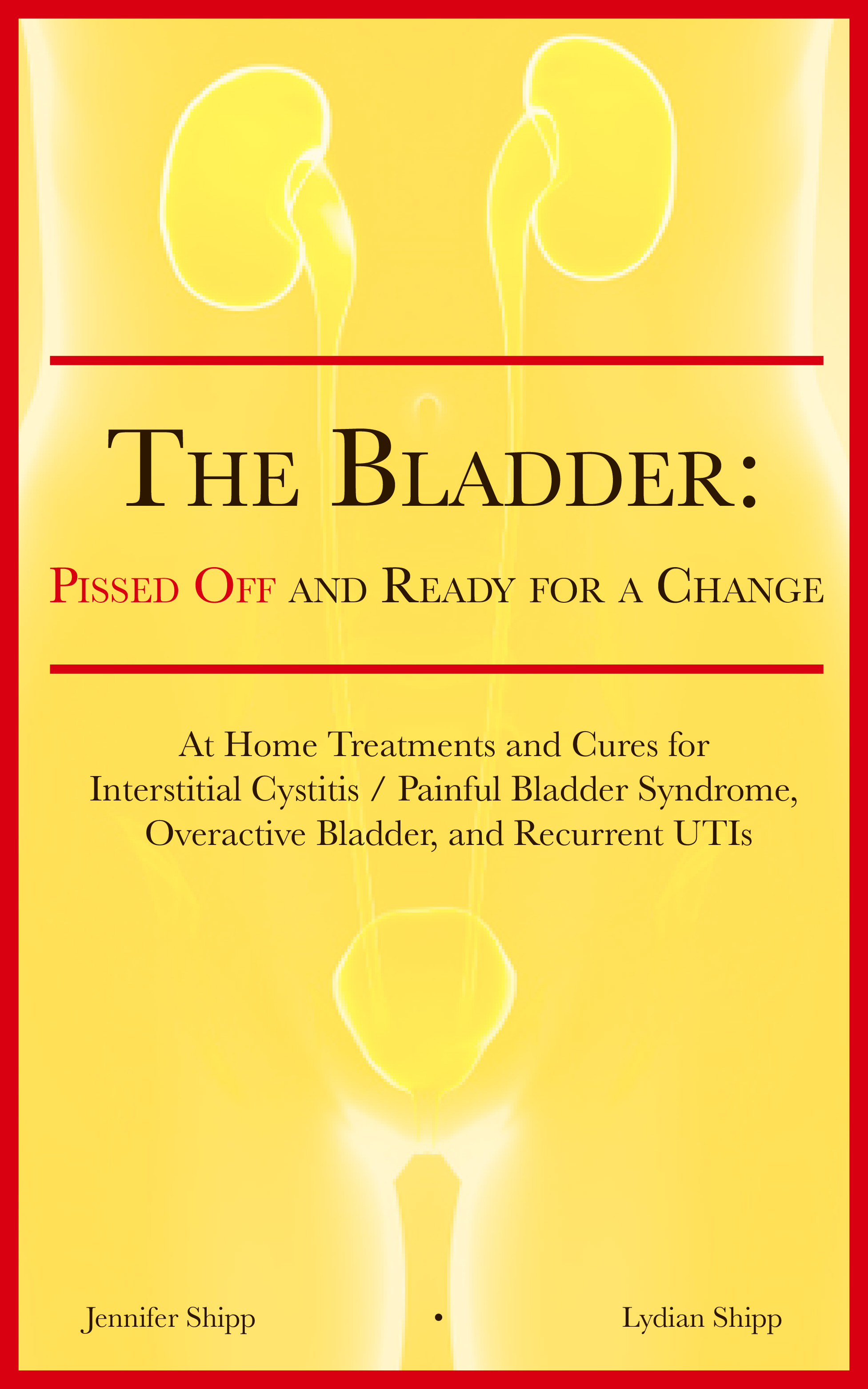 The Bladder: Pissed Off and Ready for a Change - BUY HERE!
The Bladder: Pissed Off and Ready for a Change - BUY HERE!
Resources:

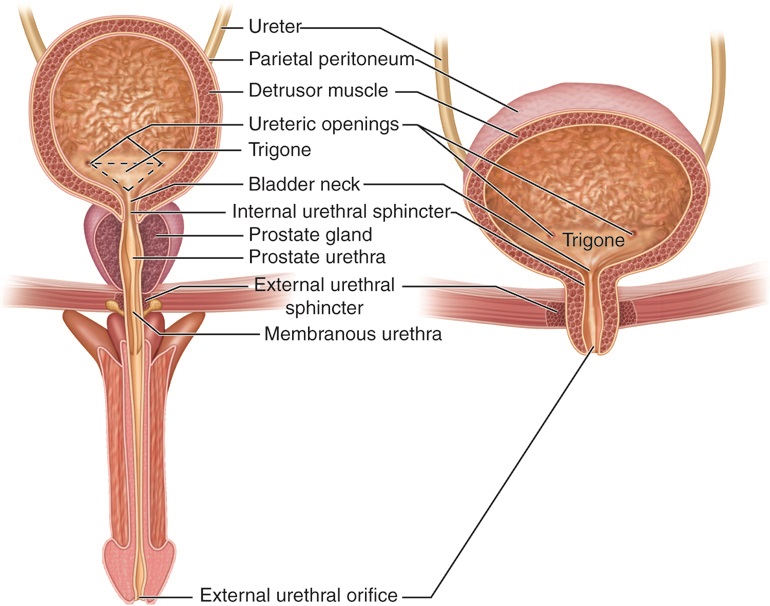 Structural abnormalities of the urinary tract are often an underlying cause of cystitis, overactive bladder, and recurrent UTIs.
Structural abnormalities of the urinary tract are often an underlying cause of cystitis, overactive bladder, and recurrent UTIs.








